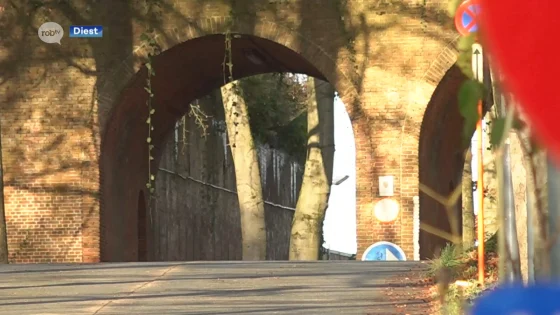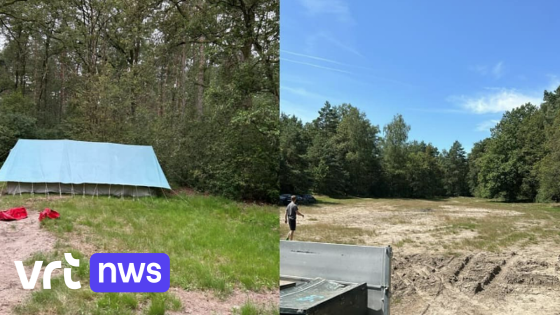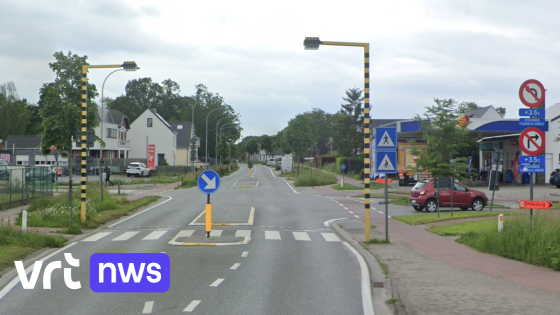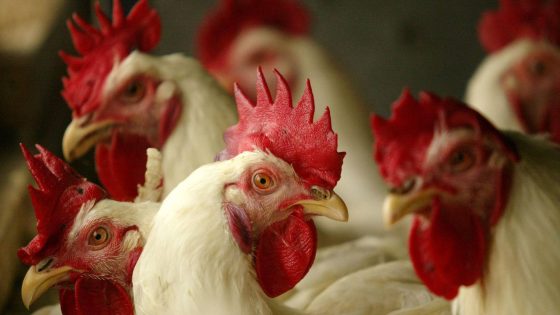On February 23, Geraardsbergen will celebrate the Krakelingenfeest and Tonnekensbrand. However, this year’s festivities face a challenge as the tradition of drinking live fish has been banned due to new animal welfare regulations. How will the city maintain its cultural heritage while ensuring animal rights?
- Geraardsbergen celebrates Krakelingenfeest on February 23.
- Drinking live fish is now prohibited.
- Tradition recognized as UNESCO heritage.
- 80% of residents want to keep tradition.
- Alternative suggestions include oysters and candy fish.
- Finding a solution will require further discussion.
Geraardsbergen Faces Tradition vs. Animal Welfare Dilemma
The Krakelingenfeest is an essential part of Geraardsbergen’s culture, but how can it adapt? With new Flemish laws prohibiting the consumption of live fish due to concerns over animal cruelty, city officials are in search of alternatives that respect both tradition and ethics.
Community Opinions on Alternatives for Live Fish Consumption
A recent survey revealed that 80% of locals wish to preserve the original custom despite legal restrictions. Only 20% suggested alternatives like oysters or candy-shaped fish; however, city officials have dismissed these ideas. This raises questions about community values and the future of local customs.
Potential Alternatives: What Could Replace Live Fish?
The search for substitutes has sparked various suggestions from residents. Here are some notable ones:
- Oysters: Considered too far removed from tradition.
- Candy Fish: Fun but deemed inadequate by officials.
- Kreeft (Lobster): Also rejected for not fitting the festive spirit.
- No viable options yet: Officials emphasize further discussions are needed.
The Importance of Cultural Traditions in Modern Society
Cultural practices like those seen at the Krakelingenfeest highlight our connection to history and community identity. As societies evolve, how do we balance preserving traditions with ethical considerations? This ongoing debate in Geraardsbergen reflects broader issues faced globally regarding cultural preservation versus animal rights.
The Future of Geraardsbergen’s Celebrations
The city’s leadership acknowledges that finding a suitable alternative will be challenging. Ongoing discussions among community members and officials will determine how Geraardsbergen can honor its past while adapting to modern values. Will they find a way to celebrate without compromising their principles?
This situation resonates beyond Belgium; many communities worldwide grapple with similar dilemmas as they navigate tradition and contemporary ethics.

































